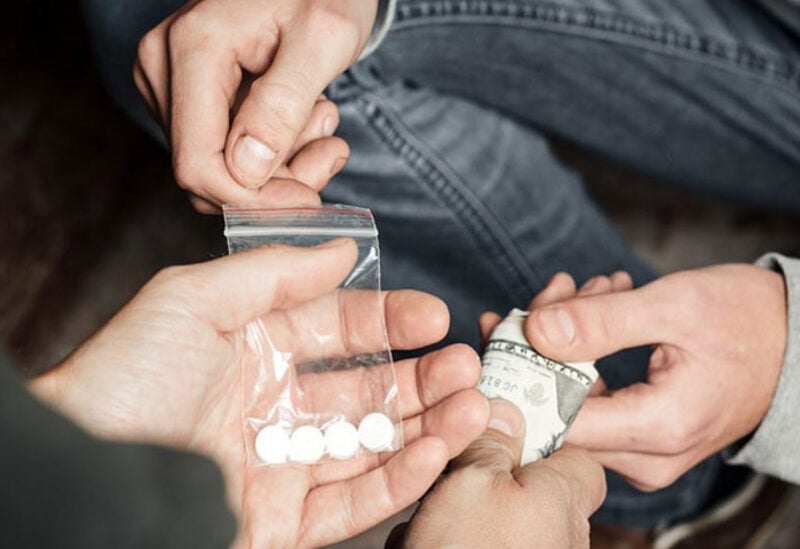
Drug traffickers
Drug traffickers in East and Southeast Asia found ways toto bolster trade and diversify production and avoid COVID-19 curbs, with Cambodia emerging as a large scale source for methamphetamine, the United Nations said on Thursday.
The UN Office of Drugs and Crime (UNODC) said in a report that trafficking of methamphetamine or meth, the region’s most popular drug by far, suffered a short-lived disruption during the height of the pandemic but recovered to a higher level than a year before.
Authorities in Asia seized a record of almost 170 tons of meth last year, up 19 percent from 2019, the report said.
“While the pandemic has caused the global economy to slow down, criminal syndicates that dominate the region have quickly adapted and capitalized,” said Jeremy Douglas, UNODC Regional Representative for Southeast Asia and the Pacific.
In an effort to dodge COVID-19 restrictions, crime groups increasingly transported drugs through Laos – a small, developing nation with poor law enforcement – to traditional trafficking hubs in Thailand and Vietnam.
The report noted an emergence of large-scale meth production in Cambodia, although Douglas said the country’s output was dwarfed by the still-thriving illegal drug production center in Myanmar’s Shan State, part of the Golden Triangle that also includes parts of Thailand and Laos.
“It looks like organized crime are hedging a bit and shifting some production so not everything is as concentrated,” Douglas told Reuters.
Wholesale prices of meth fell in Cambodia, Malaysia and Thailand due to the surge in supply. The UNODC partially attributed the rise in supply to the ease in obtaining precursors to manufacture meth and other drugs. The supply of synthetic drugs such as ecstasy, cannabinoids and ketamine has also expanded across the region, the report said.